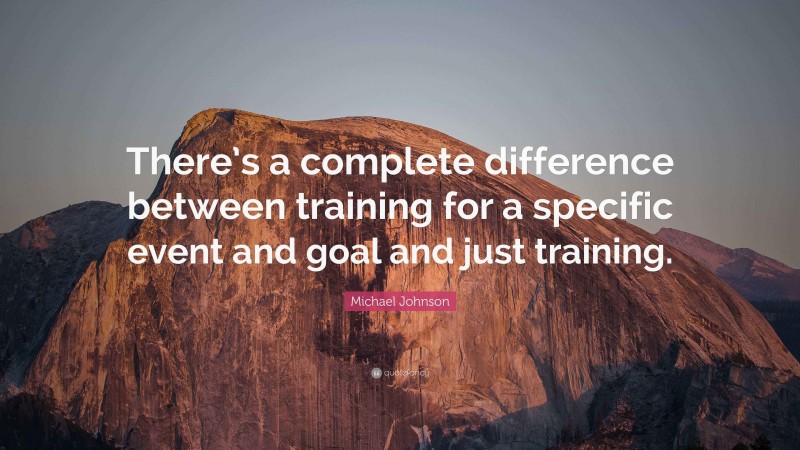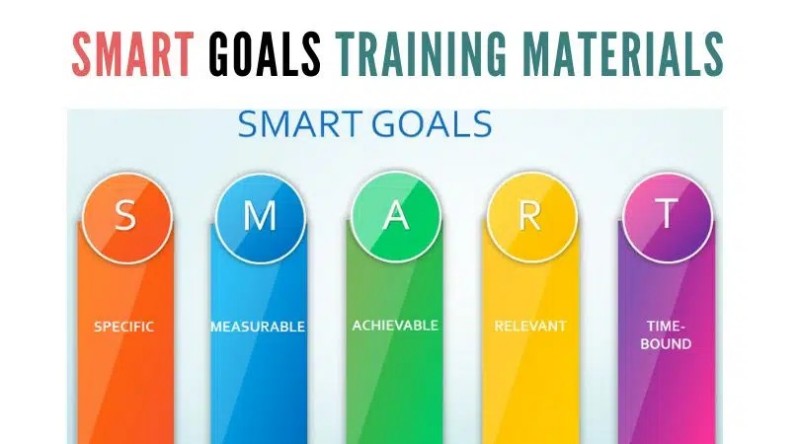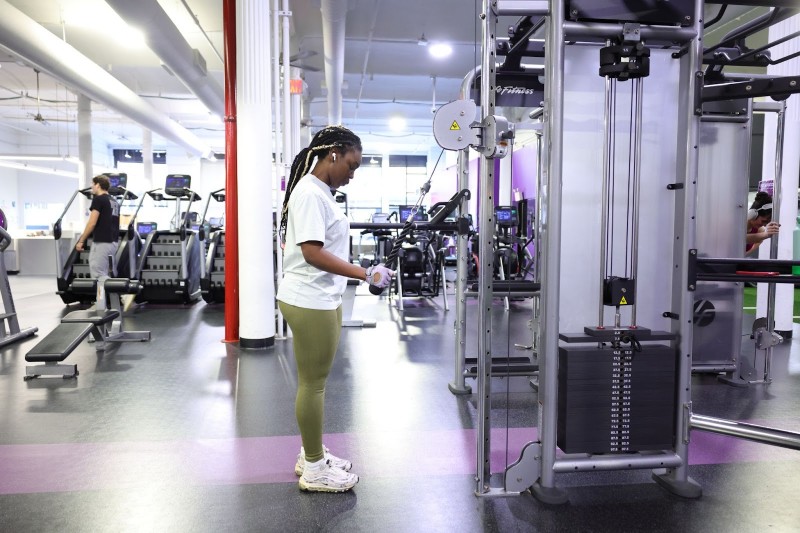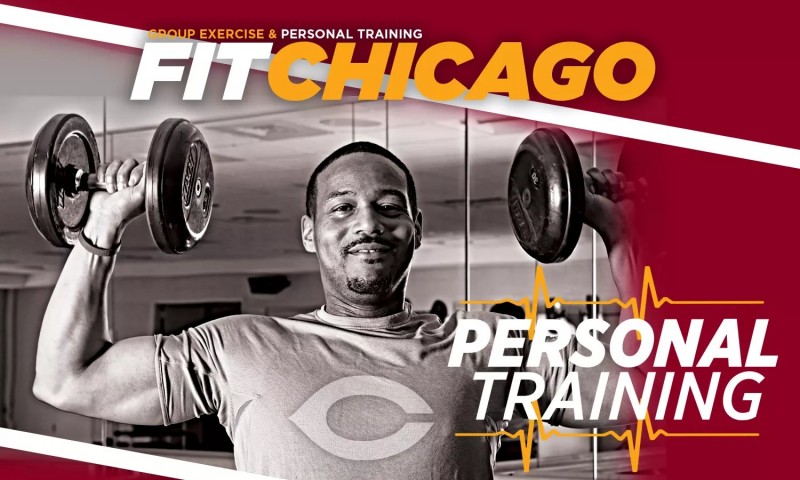The journey towards sobriety is one that requires immense strength, dedication, and support. Integral in this process are addiction counselors, whose treatment methods play a crucial role in helping individuals overcome addiction. In this article, we delve into the various techniques these professionals employ, the science behind them, and how they can be applied to improve wellness and health.
One of the first and most critical steps in addiction counseling is the initial assessment. This process involves identifying the type and severity of the addiction, the individual’s mental health status, and any co-existing medical conditions. This information forms the foundation for the rest of the treatment plan and should be revisited regularly to track progress and make necessary adjustments.
Once the initial assessment is done, the addiction counselor can then create a personalized treatment plan. This plan often incorporates a blend of cognitive-behavioral therapy (CBT), motivational interviewing (MI), and contingency management (CM). According to a 2023 study published in the Journal of Addiction Medicine, these methods, when used in conjunction, have been shown to significantly improve recovery outcomes.
Cognitive-Behavioral Therapy (CBT) is a widely used method that aims to address harmful beliefs and behaviors associated with addiction. It helps individuals recognize their triggers, develop coping strategies, and ultimately change their patterns of thinking and behavior.
Motivational Interviewing (MI), on the other hand, focuses on enhancing an individual’s motivation to change. It encourages active engagement in the recovery process and helps individuals overcome ambivalence about change.
Contingency Management (CM) involves providing tangible rewards to reinforce positive behavior changes. These rewards can be as simple as vouchers for goods and services, or opportunities for more significant privileges. This method capitalizes on the principle that behavior which is rewarded is more likely to be repeated.
In addition to these treatment methods, group therapy and family therapy also play a crucial role in addiction counseling. These therapies offer social support, promote understanding, and help build healthier relationships, which are all vital components of recovery.
While the above methods are effective, the journey to recovery is often fraught with relapse. It’s essential for addiction counselors to instill resilience in their clients and provide them with the necessary tools to cope with relapses. This could involve educating them about the stages of change model, developing a relapse prevention plan, or teaching them mindfulness techniques.
Ultimately, the effectiveness of an addiction counselor’s treatment methods lies in their ability to adapt and personalize these techniques to suit each individual’s unique needs and circumstances. The road to recovery can be long and challenging, but with the right support and a comprehensive treatment plan, it is certainly achievable.
Remember, if you or a loved one is struggling with addiction, don’t hesitate to reach out to a professional addiction counselor. Their expertise in these treatment methods could be the key to unlocking a healthier, addiction-free future.











 : eval()'d code(1) : eval()'d code(1) : eval()'d code(1) : eval()'d code</b> on line <b>2</b><br />
https://mindbodyfuell.com/wp-content/themes/baobao/default.jpg)
